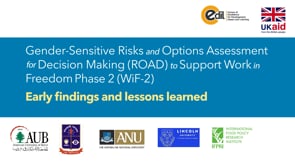Publications
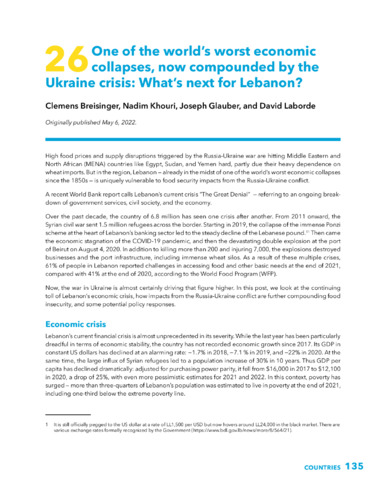
Book Chapter
One of the world’s worst economic collapses, now compounded by the Ukraine crisis: What’s next for Lebanon?
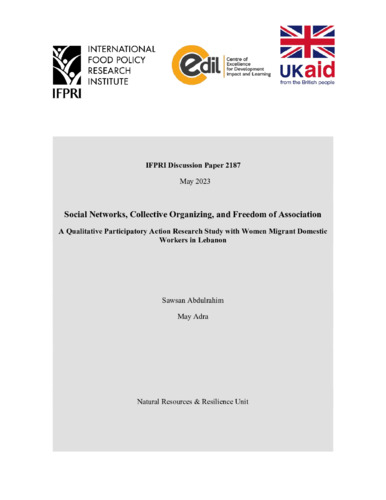
Working Paper
Social networks, collective organizing, and freedom of association: A qualitative participatory action research study with women migrant domestic workers in Lebanon
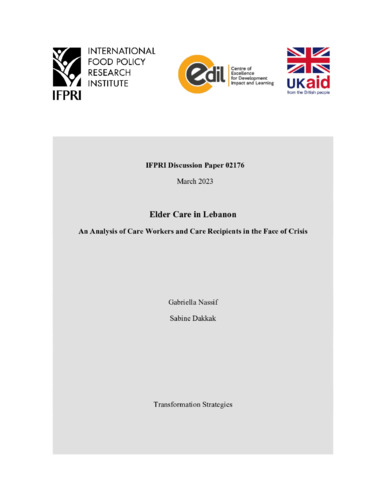
Working Paper
Elder care in Lebanon: An analysis of care workers and care recipients in the face of crisis
Datasets
Dataset
ASTI Lebanon Database
Blogs
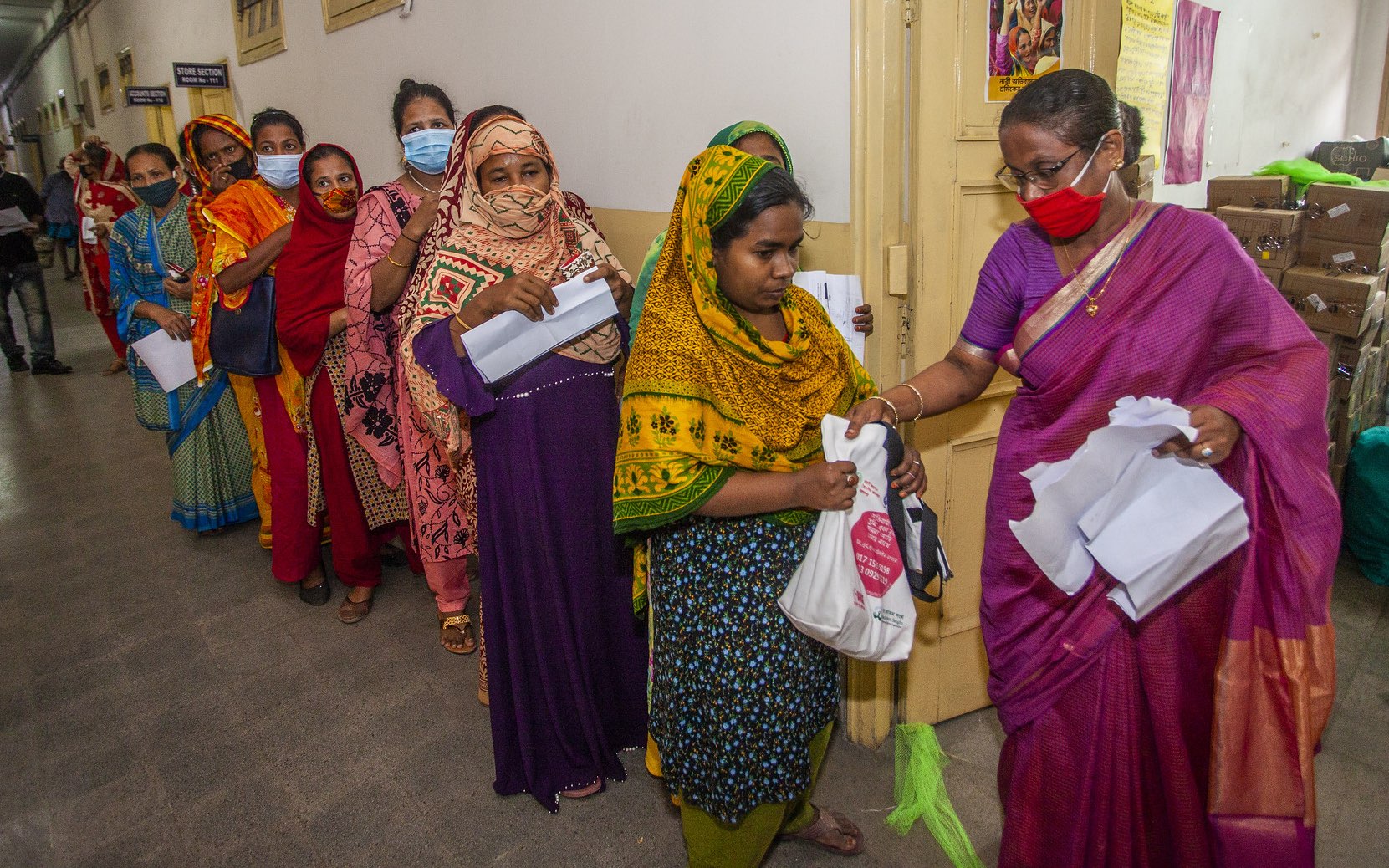
When ties that bind Increase migrants’ vulnerability: Insights from the south to west Asia migration corridor
Workshops explore how to better support workers.
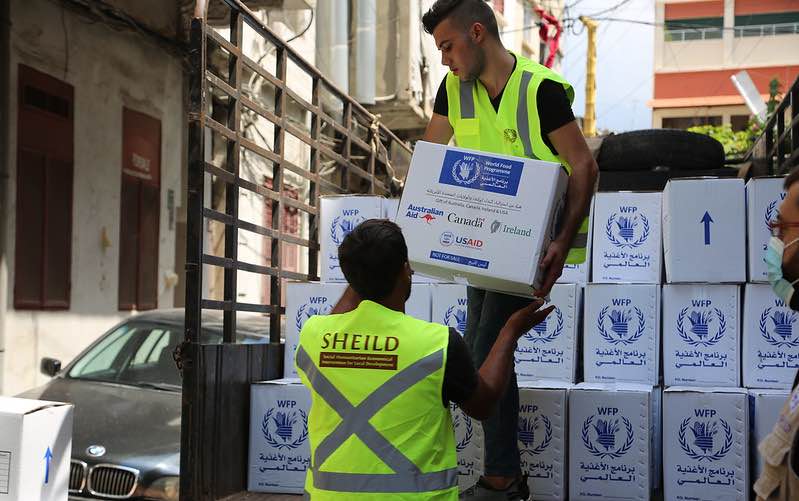
One of the world’s worst economic collapses, now compounded by the Ukraine crisis: What’s next for Lebanon?
High food prices and shortages pummel an already suffering population.

New modeling toolkit aids development planners in MENA countries
New data-based tools for agricultural policy planners in Egypt, Jordan, Lebanon, and Tunisia.
Events

2018 Global Food Policy Report – Beirut, Lebanon
Antiglobalism was on the rise in 2017. What will that mean for food security and nutrition? IFPRI’s 2018 Global Food Policy Report examines the impacts of global integration-including the movement of goods, investment, people, and knowledge–and the threat of current antiglobalization pressures. Welcome Note Introduction of Speakers and Panelists Global Food Policy Perspective: Key Findings […]
News
Food supplies squeezed by Ukraine war and trade bans (ASPI)
Australian Strategic Policy Institute published an article on how the impact of the Russia–Ukraine war on global food supplies is being magnified by nations imposing bans on food and fertilizer exports to preserve stocks for their domestic needs. Since the invasion, 15 nations have imposed restrictions on food and fertilizer exports, including new bans imposed […]
Ukraine’s farmers stalled, fueling fears of global food shortages (Reuters)
Reuters published an article about how the Russian invasion of Ukraine threatens millions of tiny spring-time sprouts that should emerge from stalks of dormant winter wheat in the coming weeks. If the farmers can’t feed those crops soon, far fewer of the so-called tillers will spout, jeopardizing a national wheat harvest on which millions in […]





